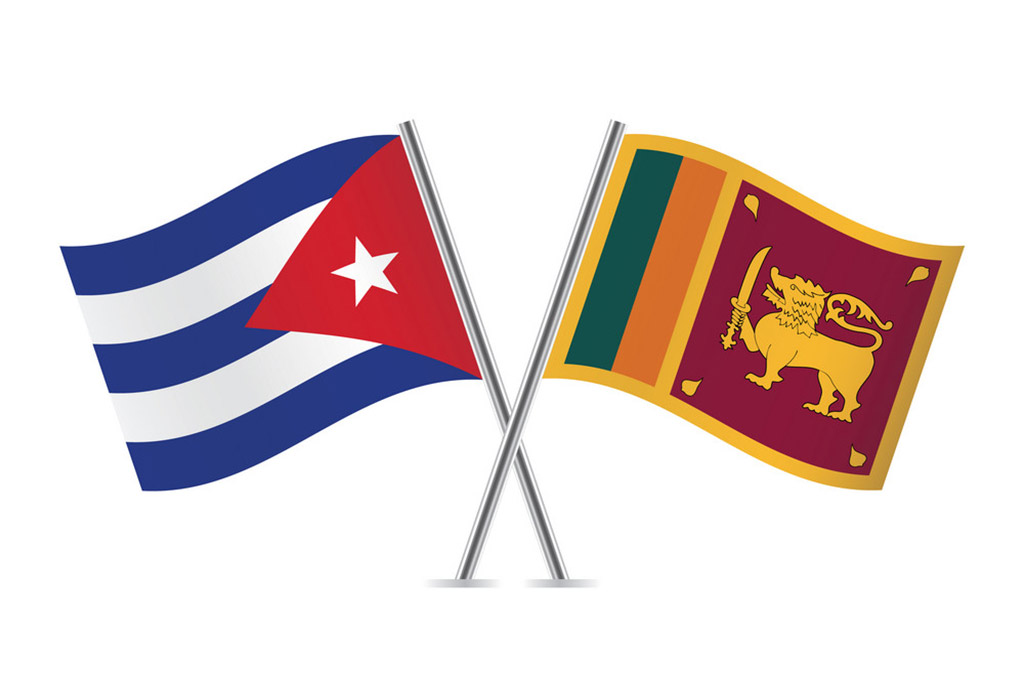In the article Indelible footprint that led to the great Cuban revolution, the current treasurer of the solidarity organization affirmed that the assaults on the Santiago de Cuba and Bayamo barracks carried out 70 years ago by young people led by Fidel Castro and his brother Raúl marked the end of destructive, cruel and ruthless dictatorial regime of Fulgencio Batista, he said.
He specified that this courageous action gave way to the most memorable victory for the Cuban people, the great revolution that triumphed in 1959 and that Cuba commemorates with great prestige, he added.
Bandara recalled the deplorable economic, political and social conditions in Cuba at the time, which he described as overwhelmingly distressing in almost all aspects of the nation and the country as a whole.
He detailed that Batista, who came from a high-level military position as a colonel, deployed a ruthless regime with puppet governments for more than a decade starting in 1940.
He added that in 1952 when he became the island’s president, Batista extended his regime in cruel ways to subdue the country with the strong backing of the United States and other Western nations.
Bandara recalled the preparation actions of the youth group for the assaults on the Moncada and Carlos Manuel de Céspedes barracks and the subsequent ruthless response of the dictator against the already defeated assailants.
Batista ordered the killing of 10 revolutionaries for every soldier killed in combat, eliminated constitutional guarantees throughout the national territory and censored the press and the radio, he said.
The member of the Sri Lankan solidarity group highlighted the allegation of the leader Fidel Castro in his self-defense during the trial after the events, in which the young lawyer denounced the crimes committed by the tyranny and the hardships of the Cuban people, while presenting the programs to undertake after the triumph of the revolutionary cause, he stressed.
Despite the imprisonment of the survivors and the mandatory exile, the attack on the Batista barracks generated enough confidence in the youth to continue the fight for freedom towards a final victory of their own, said the member of the Sri Lanka-Cuba Friendship Society.
He recalled the preparations from exile for the return to the island, organized by Fidel, at the head of a group of 82 young people, and the following struggle with its epicenter in the Sierra Maestra against Batista’s military forces that culminated in the triumph of the Revolution.
He also referred to the social changes that from the very first of January 1959 took place in revolutionary Cuba with the most symbolic act of transforming the barracks into schools.
ef/jha/lrd










